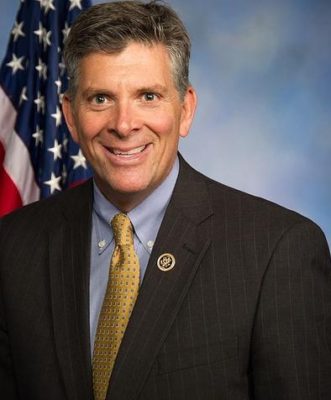Washington, D.C. has heard two separate amendatory bills today from two Illinois congressmen, both of them concerning emergency medical services in rural areas.
One bill was introduced today and would amend the recent Bipartisan Budget Act of 2018. House Resolution 6269 was introduced by Illinois’s 18th district congressman Darin LaHood along with Democratic Congresswoman Terri Sewell of Alabama. Called the Non-Emergency Ambulance Transportation Sustainability and Accountability Act, HR-6269 makes Medicare pay back more to ground ambulance providers that service rural areas.
“I represent a very rural district where having ambulance service 24/7 is vitally important. We want to make sure that we can provide that 24/7 rural ambulance service. When an emergency strikes, our communities rely on a network of reliable ambulance service providers. So this legislation makes sure that Medicare dollars are there for reimbursements to ambulance services so there is no change that might affect that.”
In the Budget Act is a 23% cut to Medicare reimbursements for non-emergency end-stage renal disease ambulance transports of Medicare beneficiaries. The bill from LaHood and Sewell saves some money for providers that regularly offer ESRD transport.
“If we don’t do this, it could effect services in our rural areas. Folks rely on these services, and we need to make sure that they are there. This bill does that, and I’m happy that it is a bipartisan bill.” ”
Also, an amendment made by the Senate to the farm bill to reauthorize the Supporting and Improving Rural EMS Needs Act passed as part of the Senate’s version of the Agriculture and Nutrition Act of 2018 today. U.S. Democratic Senator Dick Durbin of Illinois and Republican Senator Pat Roberts of Kansas co-authored the amendment. The Senate and House passed different forms of the bill, so it now goes to a conference committee so that members of both halves of Congress can gather to reconcile the differences of the two drafts.




